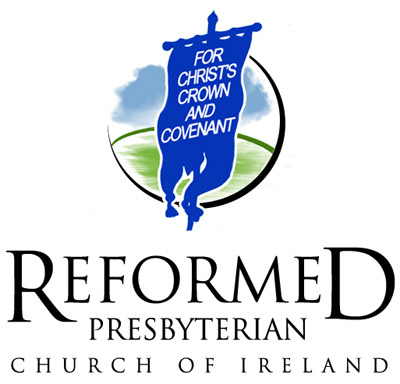By Warren Peel - Posted at Gentle Reformation:
Published June 17, 2022
This week the Reformed Presbyterian Church of Ireland held its 211th annual meeting of Synod, when all the ministers and representative ruling elders of each of the congregations in Ireland met together to review the work and finances of the church. This year was special however because on Wednesday afternoon we held a service of covenant renewal.This biblical practice of covenanting is something that the Reformed Presbyterian Church has always engaged in throughout its history, particularly at times of revival or times of crisis (hence the name ‘Covenanter,’ often used interchangeably of our denomination). We see the church in Scripture periodically responding to God’s covenant of grace by renewing her covenant with the Lord, recommitting herself to be loyal to the demands of his Word no matter what the cost (e.g. Deut 29; Josh 24; Neh 10). Covenant renewal is an opportunity to nail our colours to the mast, both confessing our sins as a church and pledging our loyalty and love to our covenant Lord.
Covenant renewal may sound like a dry legal or commercial transaction, but nothing could be further from the truth. A covenant is a bond of love – the response of a guilty sinner saved by grace who pledges himself to walk in the ways the Lord has set out. As my fellow minister Mark Loughridge has described it, it is a little bit like a man whose wife has gone through a traumatic, life-altering car crash that has left her disabled and incapacitated in all kinds of ways, who wants to renew his marriage vows—to say to his wife and to the world ‘Our circumstances may have changed but my love for you has not and will not’.
That’s what lay behind our Synod’s covenant renewal this week. We recognise that the circumstances in which we serve the Lord have changed: our nation has departed even further from the standards of God’s holy Law by legalising the murder of the unborn, by its utter disregard for the Lord’s Day, by its redefinition of God’s institution of marriage, by its profound confusion of manhood and womanhood, by the failure of our fellow citizens to humble themselves and seek God in repentance in the face of a pandemic that has devastated the economy and the welfare of our nation. The moral and religious landscape of Ireland has changed almost out of all recognition in the space of a few decades—but it makes no difference to our covenant commitment and loyalty and love for the Lord Jesus Christ. By the grace of God and the empowering of his Holy Spirit, we will serve him gladly, faithfully and steadfastly no matter what the cost in these days of declension.
After the preaching of the Word and a period of corporate prayer of adoration, thanksgiving and confession, the members of Synod came forward to sign their names to the covenant document. You may be interested to read our solemn undertaking and so I give it here in full. May the Lord give us the strength to pay the vows we have made to him in the presence of all his people!

Comments
Post a Comment